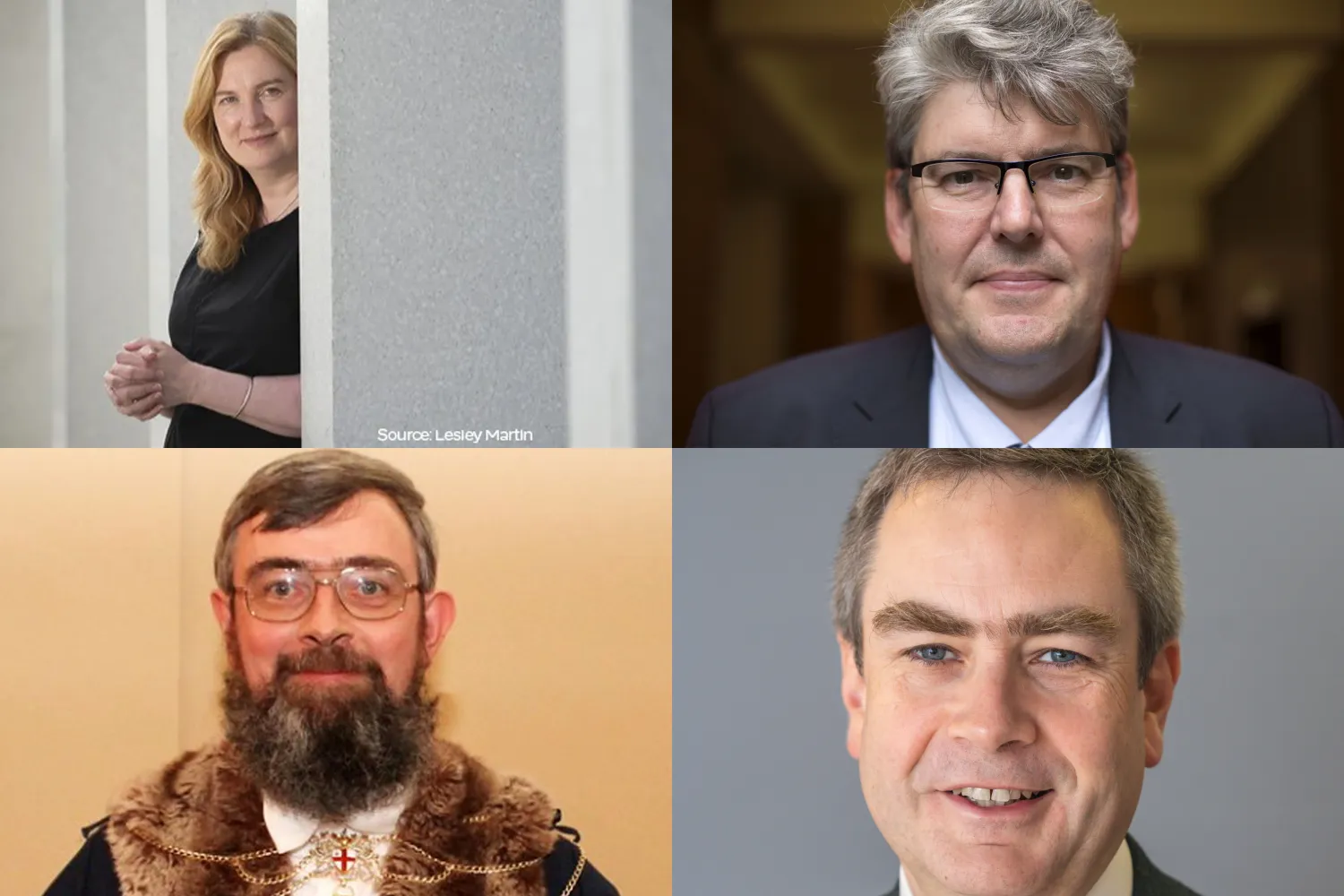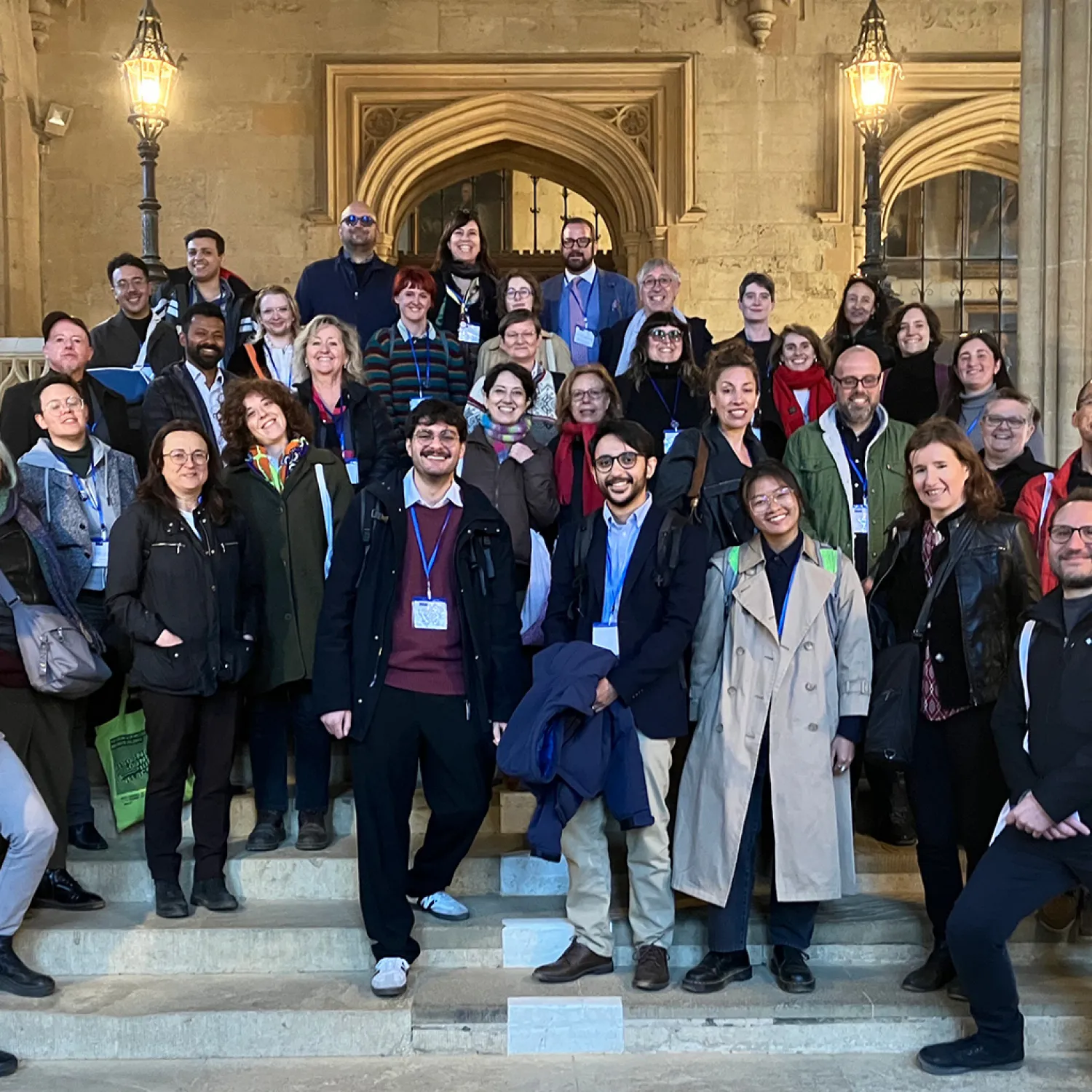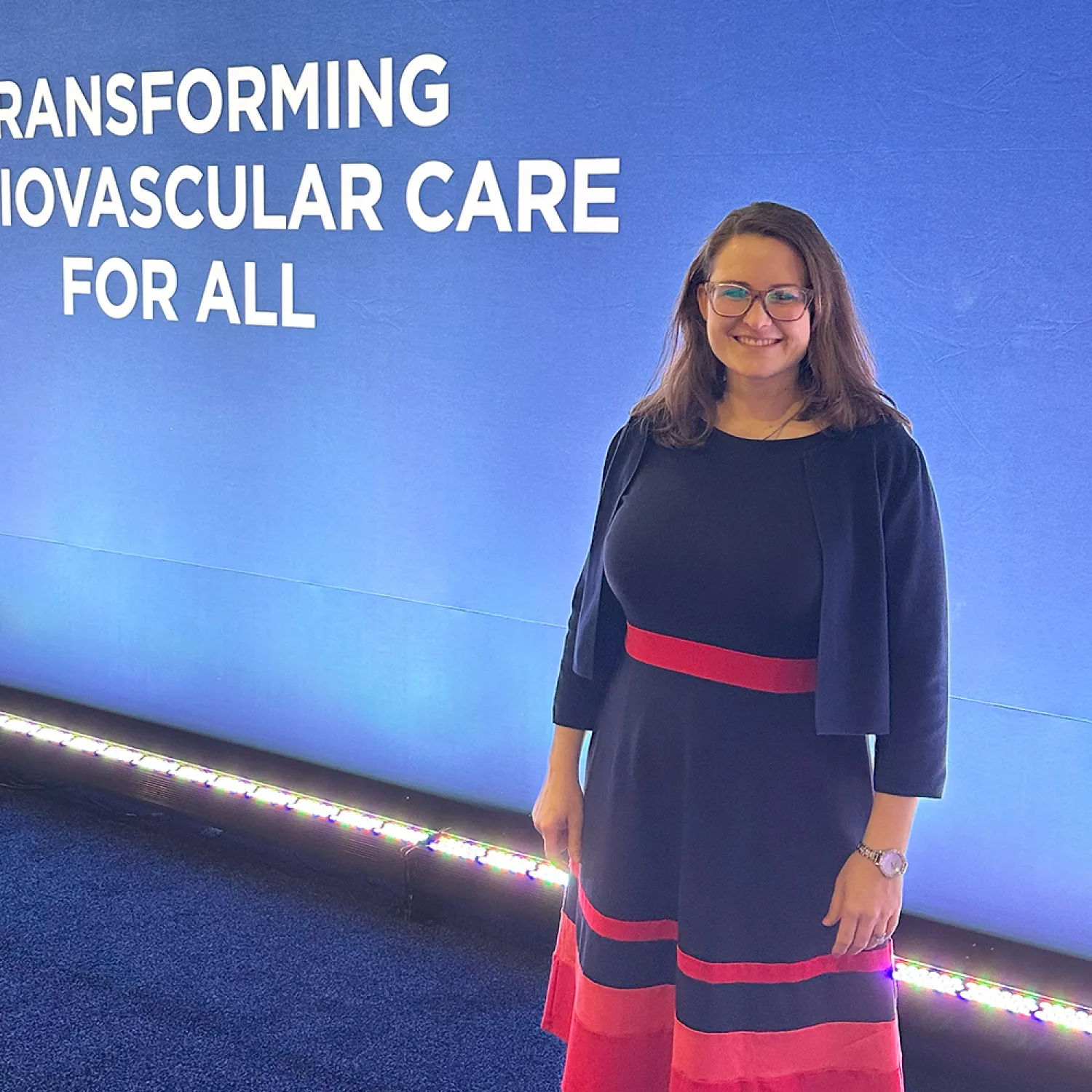Breadcrumb
Christ Church alumni receive New Year Honours
At Christ Church, we began our 500th anniversary year by scouring the latest New Year Honours List for members of our College community. We are delighted to disclose that four of our alumni have made it onto this year’s list. Read on to learn about these remarkable individuals and their celebrated achievements and service.
Michael Cooper (1983, History): OBE for Public Service
Michael Cooper read History at Christ Church from 1983 to 1986. Following graduation he qualified as a Chartered Accountant with Price Waterhouse (now PwC) before joining the Civil Service, where he helped to set up three new UK government agencies and to manage £3 billion annual budget of the Department for Environment, Food and Rural Affairs (Defra). He has served as President of the Thames Valley Society of Chartered Accountants and as Vice President Finance of BCS, the Chartered Institute for IT, and has recently co-founded a not-for-profit initiative to promote the Reading Tech Cluster.
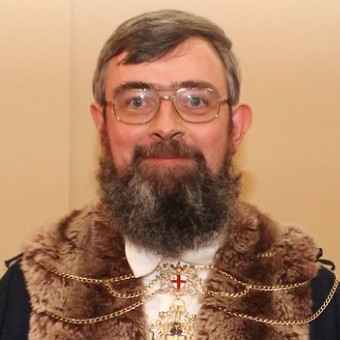
Whilst at Christ Church, Michael served in the Cathedral and sang in the College Choir. Since leaving Oxford he has been a parish clerk and churchwarden in the City of London, becoming Master of the Worshipful Company of Parish Clerks in 2014.
Michael has received an OBE in recognition of his public service. Responding to news of the honour, he said: ‘I've been very fortunate during my career to meet so many interesting people and support such a wide range of worthwhile projects. My work took me all around the UK and to 26 out of the 28 EU Member States. It is a wonderful privilege to be recognised with this honour.’
Professor Paul Monks (1988, DPhil Chemistry): CB for services to Science in Government
Professor Paul Monks, who came to Christ Church in 1988 to complete his doctorate in Chemistry, is the UK government’s Chief Scientific Adviser for the Department for Energy Security and Net Zero (DESNZ). In this role, he provides independent scientific advice to policymakers and ministers on all matters relating to the DESNZ portfolio and, more generally, the key role that science plays both in delivering national and global decarbonisation.
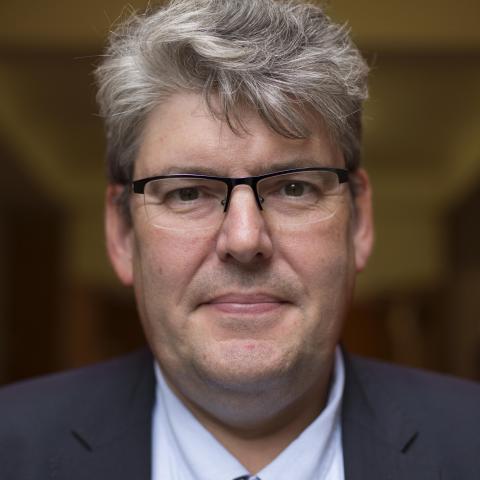
From 2020 to 2023, Professor Monks served as Chief Scientific Adviser for the Department for Business, Energy and Industrial Strategy (BEIS). Before this government role he Pro-Vice Chancellor and Head of College of Science and Engineering at the University of Leicester, where he continues to be Professor of Atmospheric Chemistry and Earth Observation Science.
For his service in government, bringing science to bear on issues ranging from COVID-19 and critical minerals to the COP process, Professor Monks has been made a Companion of the Order of the Bath (CB) – an honour second only to a knighthood. Professor Paul Monks said: ‘I am very much humbled to be recognised for the work of getting science into government. It has been rewarding to see how science can make a real difference to decision making.’
Jeremy Hargreaves (1992, Classics): MBE for political service
Jeremy Hargreaves read Classics at Christ Church and has led a varied career in both the private and public sector, holding a number of advisory and policy development roles in NHS trusts and local government. For more than 23 years he has played a central role in shaping policy for the UK’s Liberal Democrats with a recent focus on poverty and welfare, liberty and security, health and social care, foreign affairs and faith schools. He has been Chair of the Lib Dem European Group (LDEG), stood as a parliamentary candidate, chaired party policy working groups on taxation, public services and wellbeing, and currently serves as Vice-Chair of the party’s Federal Policy Committee (FPC).
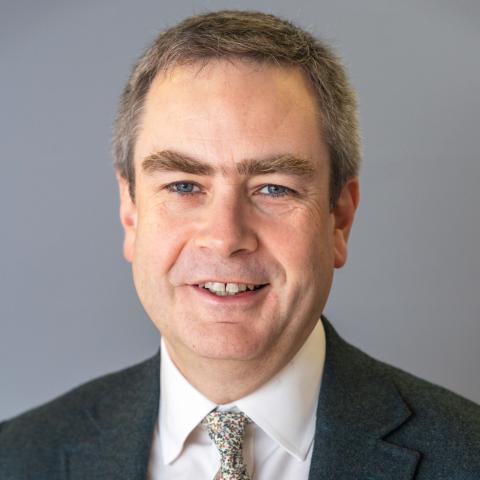
Jeremy was delighted to have his many years of public service recognised with an MBE: ‘Over the last twenty years a large part of my life beyond employment has been at the meeting of public policy and politics, overseeing the policy-making of the Liberal Democrats. At a moment of – at last! – some success for the party, it is a happy time to be prompted to reflect on that.’
Professor Melissa Terras (1998, DPhil Engineering): MBE for services to Digital Humanities
Having completed an MA in Classical Art History and English Literature followed by MSc IT in Computing Science, both at the University of Glasgow, Professor Melissa Terras came to Christ Church in 1998 to complete a doctorate in Engineering. In 2003, she joined UCL’s Department of Information Studies, becoming Director of the UCL Centre for Digital Humanities in 2012 and Vice Dean of Research in UCL’s Faculty of Arts and Humanities in 2014. UCL made Professor Terras Honorary Professor of Digital Humanities upon her departure from the College in 2017.
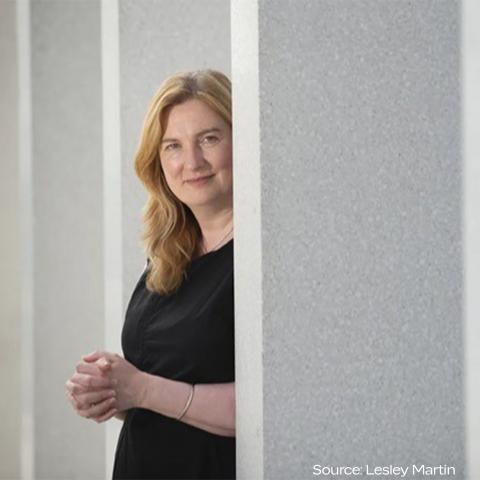
In 2017 Professor Terras took up her current position of Professor of Digital Cultural Heritage at the University of Edinburgh – a role that sees her lead on digital aspects of research in the University’s College of Arts, Humanities, and Social Sciences. Professor Terras is the Founding Director of Edinburgh’s Centre for Data, Culture and Society (2018–) and has led a number of programmes both for the University and the region. Her many projects include Creative Informatics, Fixing the Future: The Right to Repair and Equal IoT, XR Networks+, ImprovBot, Transkribus, Transcribe Bentham and The Great Parchment Book. In 2022, she joined the College of Experts of the UK government’s Department for Culture, Media and Sport, and she joined the Department for Science, Innovation and Technology’s College of Experts last year.
For her impressive ongoing contribution to digital humanities Professor Terras has been awarded an MBE. Commenting on news of the honour, she said: ‘This recognition for my work in the use of computing in the arts and humanities shows how important digital methods now are in the study of human society and the past, as well as the development of new products, experiences, and services. Digital Humanities has been such an exciting and vibrant field to work in over the past 25 years, and getting this honour demonstrates that this new area is now firmly established.
‘I'm thankful to all my collaborators, including the galleries, libraries, archives and museums who I’ve worked with on digital projects, as we are dependent on their wonderful content to digitise, mine, and reuse. Digital innovation within the cultural and creative industries has so much potential, and I’m delighted to have had my work recognised in this way.’
Other Christ Church news
